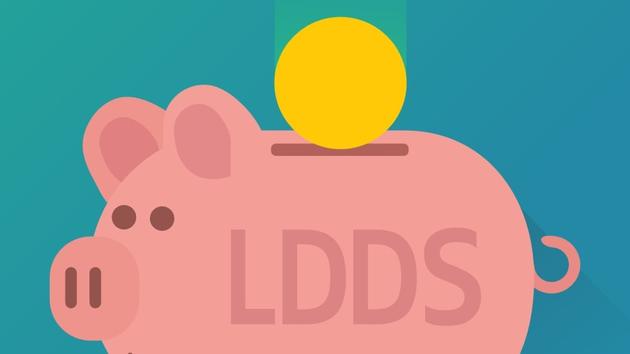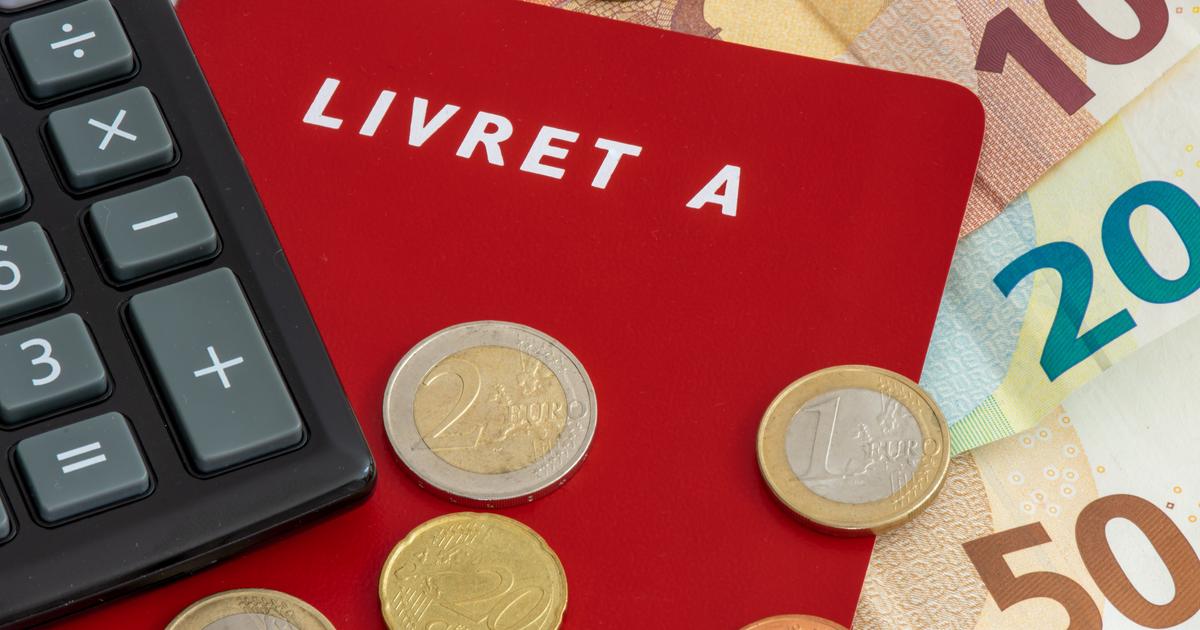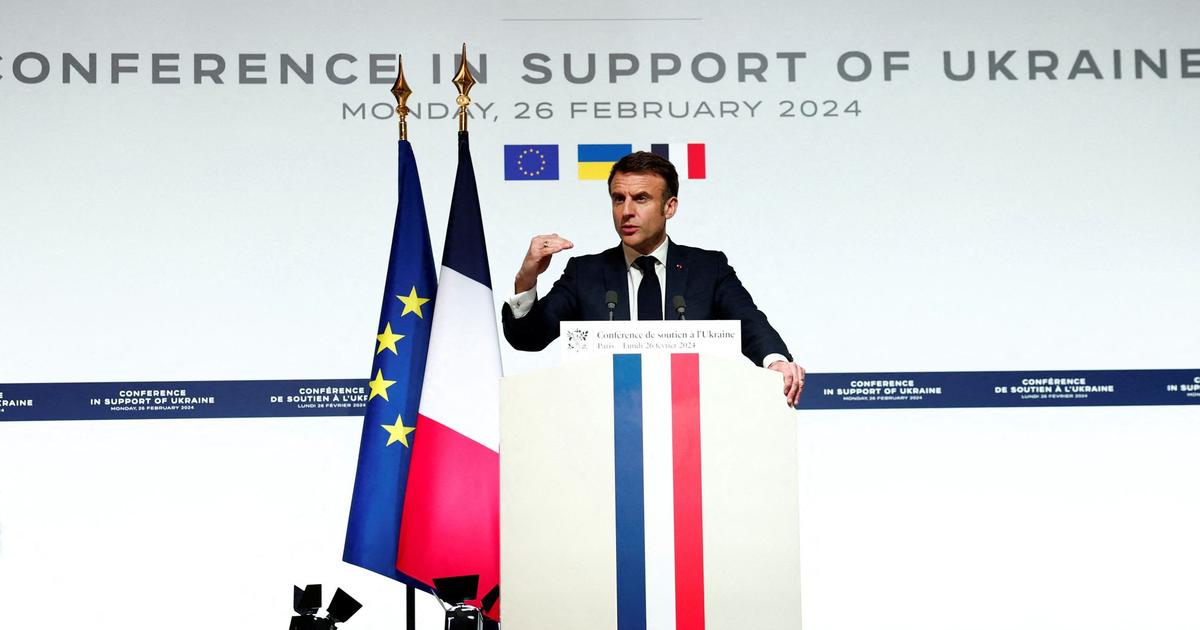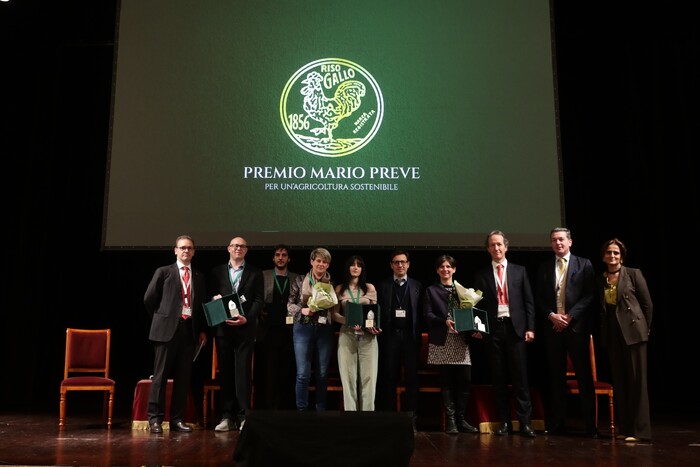Who graps all, looses?
The Codevi, originally intended to support industry, in 2007 became the Livret de développement durable (LDD): banks were supposed to use part of its outstandings for "green" loans, devoted to economic work. energy.
Then, under the presidency of François Hollande, in 2016, this little brother of the Livret A was also decreed “solidarity” (LDDS): the savings which were deposited there were also to finance projects carried out in particular by cooperatives, companies of integration or associations and which, although not very profitable, have a social or environmental impact.
To discover
EXCLUSIVE - Our 2021 list of countries to go to live in retirement
Are you rich?
Discover the new
Figaro
simulator
It was even planned that savers would be invited by the banks to give to an association part of the savings deposited on this regulated and tax-exempt investment.
But, four years later, the Sustainable and Solidarity Development Booklet still does not deserve its name, at least for the part of its outstandings managed by the banks (the other part is consigned to the Caisse des Dépôts). The latest Regulated Savings Observatory conducted by the Banque de France for 2018 notes that they used at least 80% of LDDS resources to finance loans to SMEs. And the credits for energy saving work? They are difficult to track, explains the institution, because they merge with all housing loans.
Above all, this report says nothing about loans to the social and solidarity economy.
“Even today, the law does not require banks to invest a minimum of LDDS assets in the solidarity economy.
This minimum threshold had to be set by implementing texts, which have never been published ”, regrets Fréderic Tiberghien, president of Finansol, the association which represents players in solidarity savings.
François Hollande left, the new majority did not support the project, which the rest of the banks viewed with a negative eye, fearing complications.
Tired of waiting
Tired of waiting, Finansol and ESS France (which represents the solidarity economy to the public authorities) appealed to the Council of State. The association has thus already scored a point: a decree published on December 6, 2019 finally specified the modalities that will allow savers to return, in the form of donations, all or part of the sums placed on their LDDS to associations. But the entry into force of this measure has been postponed to June 1, 2020. And the decrease in the remuneration of the LDDS (aligned with that of the Livret A, at 0.5% per year since February 1) makes it less attractive . Often, savers prefer to share the return on their investment rather than donate their capital.
For the rest, the suspense remains. "Bercy suggests that the application texts will finally see the light of day, by the summer," explains Fréderic Tiberghien. The solidarity economy will have lost several years in these delays. In the meantime, the Pacte law, passed last year, has re-specified the purpose of the LDDS's outstandings (112.4 billion euros at the end of 2019): to finance SMEs, projects contributing to the energy transition or to the reduction of the climate footprint ... and businesses in the social and solidarity economy. Patience may pay off in the end.















